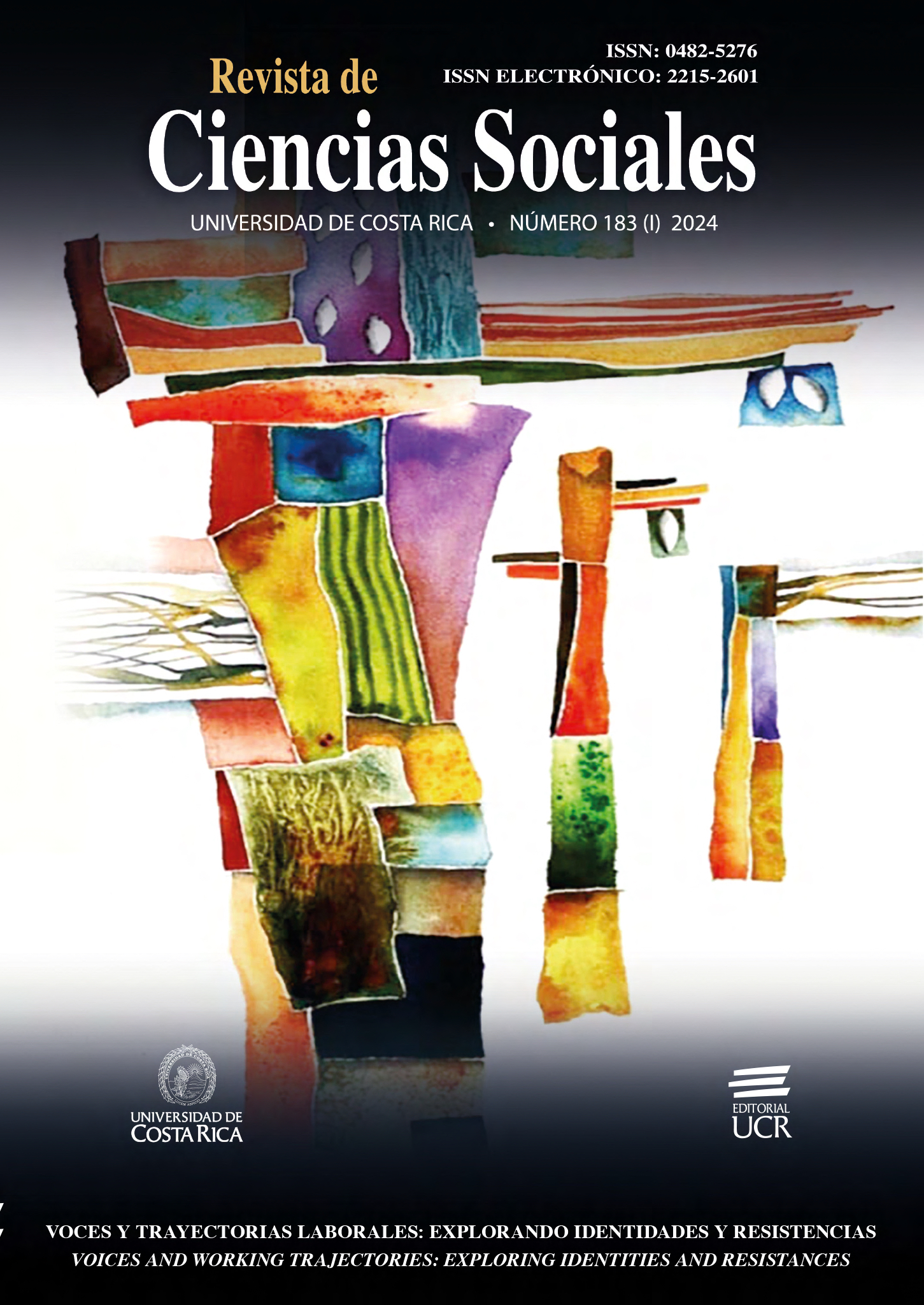Abstract
Between 1980 and 1992, a civil war took place in El Salvador between its armed forces and the Farabundo Martí National Liberation Front (FMLN). It was preceded by popular mobilization of enormous wealth and unprecedented character (1972-1979). The present work reviews various analyzes on the mobilization of the 70s, mainly in the urban area, to account for two assumptions that underlie the debate: the 70s as a prelude to the civil war or the continuity between the mobilization of the 70s and the development of the armed struggle, and the continuity between the mobilization prior to the civil war and the democratic transition. A reading of recent Salvadoran history is proposed that seeks to dialogue with the afore mentioned by discussing this idea of continuity. For this purpose, emphasis is placed on those logics, dynamics and elements that were weakened or disappeared as a result of the repressive surge that took place around 1980.



